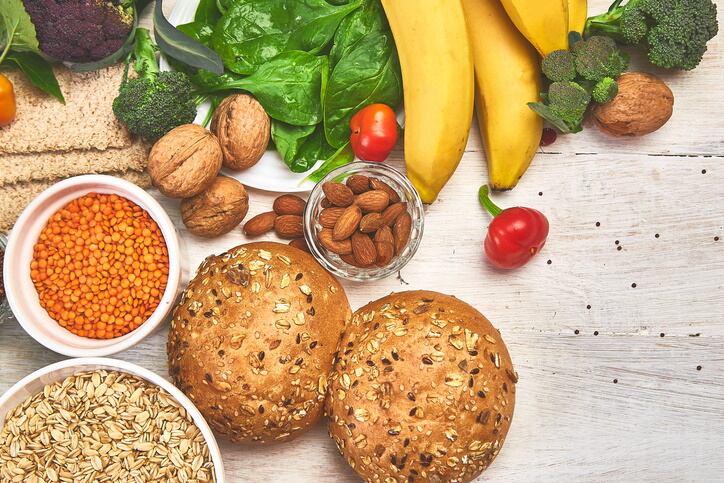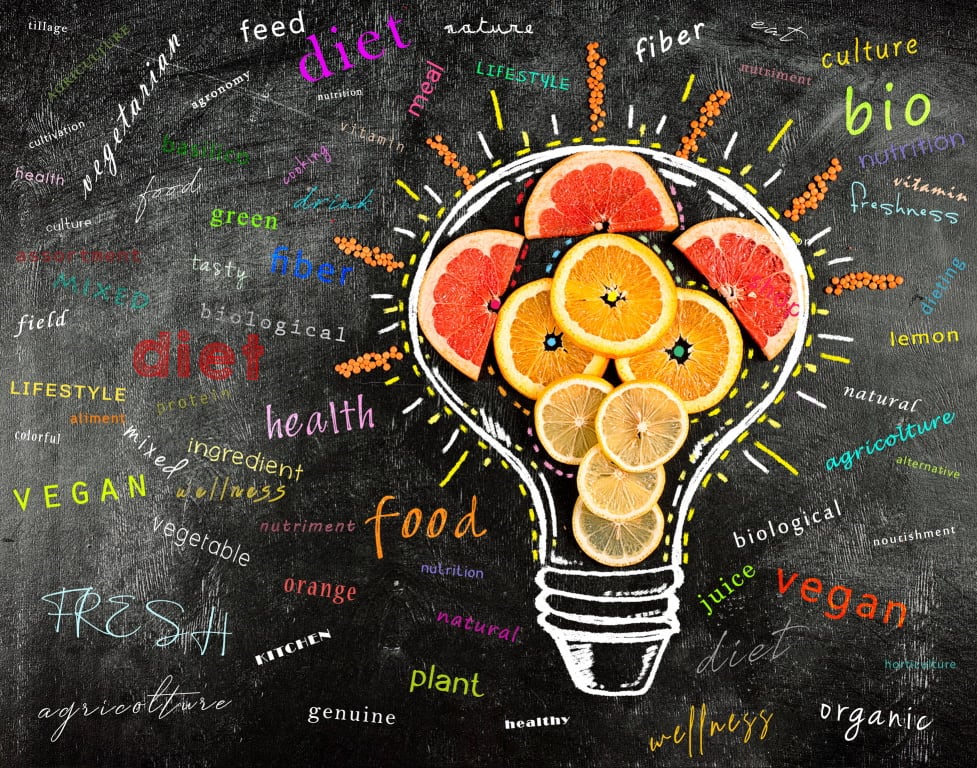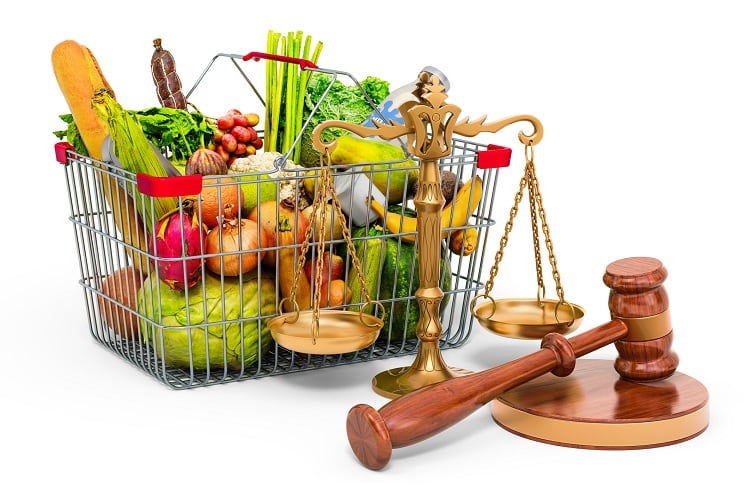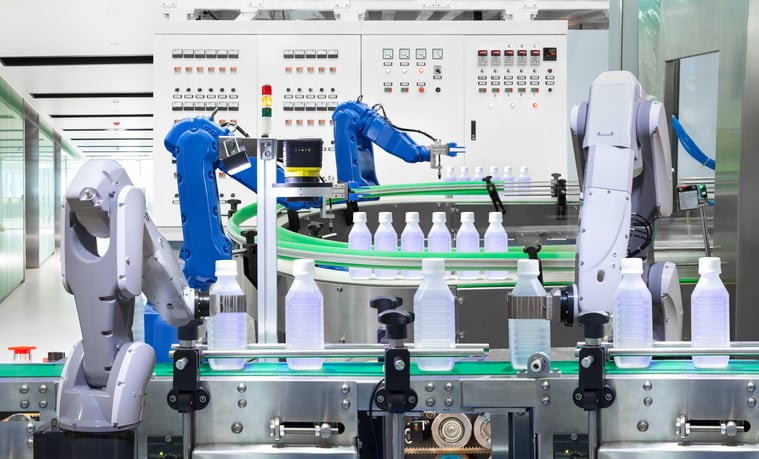The global plant-based protein market size is projected to grow from US$10.3bn in 2020 to US$14.5bn by 2025, representing a compound annual growth rate of 7.1%, according to forecasts from ResearchAndMarkets.
This growth has resulted in an influx of investment in plant-based protein innovation. In the UK, for instance, figures from Mintel reveal 23% of all new UK food product launches were labelled vegan in 2019, and that 32% of consumers now say that eating less meat helps to improve health.
But the plant-based boom should be viewed in both a global and historical context, according to Alejandro Marabi, part of PepsiCo’s external innovation team.
“We have to put this in a global context. We have to understand the nutritional requirements [of populations around the world] and put the protein craze into perspective,” he told the FoodBytes! 2021 Innovation Trend Roundtable event this week.
“There is a huge consumer pull for protein. But we have to understand the [nutritional] needs and act responsibly. In most developed countries, there is not a lack of protein. So we have to be smart about how we tend to this protein demand. How do we source it responsibly? How do we combine proteins in a scientific way so that they bring real nutrition to the consumer? We mustn’t forget there are other nutrients – for example fibres – that most of us are not eating enough of. The challenge for companies is how to balance the consumer wants with the science.”
And while protein – and plant-based protein in particular – might be the hot trend now, that doesn’t mean it will continue to dominate the airwaves tomorrow, Marabi suggested. “If we look historically, we have three micronutrients: carbohydrates, fats and proteins. We have gone through each, one by one, and now we are at the protein phase. My question is what is the next one? This is the big question.”

From healthy innovation to personalised nutrition
Jim O’Connell, co-founder of Envara Health – a food tech start-up working on advanced nutrition – believes that some of the trends currently supporting the plant-based movement transfer to a more general opportunity to drive innovation in positive nutrition.
“There is a lot of excitement about plant-based protein and for good reason. Many people want healthier options, sustainability matters, and there has been a relative lack of innovation [in plant-based] until recently,” he noted.
Envara Health, part of Rabobank’s FoodBytes! community, has developed a breakthrough structured lipid technology that enables the absorption of healthy long-chain fats, calories, and micronutrients without the need for digestion. The company is targeting the 1.5bn people who have a digestive disease and the ‘many others’ with a condition that impairs the digestion of nutrients.
The company’s first product is Encala, a powder made of plant-based components that is a source of highly absorbable long-chain fats, including the essential fatty acids.
O’Connell believes that plant-based fats could well be an important avenue as innovators look beyond plant-based proteins. “The health benefits are more pronounced in plant-based fats than they are in plant-based proteins,” he observed.
Lindsay McCorkle, part of Rabobank’s FoodBytes! team, agreed that plant-based is moving ‘far beyond being a protein ingredient’ to something that ‘people are seeking out in every aisle’.
And while she said it’s ‘not unique’ to think about plant-based sugars or fibres, the way that claim is communicated is likely to evolve. “Plant-based sugars, plant-based fibres – how do we repurpose them, repackage them so consumers are understanding the health benefits and moving away from products they don’t view as healthy or as sustainable?”

Beyond plant-based protein, Marabi believes functional foods that provide added nutritional benefits will come to the fore. Here, he observed, developments in science and technology are the driving force behind innovation.
“The big topic here is functional foods - how we take foods and make sure they provide functional benefits. Because of the evolution of science and our understanding of the consumer, we have the ability to segment the consumer, as we used to in terms of preferences, we can now segment in terms of needs,” the PepsiCo executive revealed.
Does Marabi believe the future is personalised nutrition? Not quite.
“Science has evolved so much we have the ability to understand needs at a genetic level. But there we have to be careful. You cannot create personalised food for every consumer. The challenge becomes how do you understand the big needs, or the pressing needs, the needs that would give the most benefit in terms of nutrition to populations. And then link these needs to the benefits different food formulations or products in the market can bring.”
Sustainability and carbon labels
If nutrition is one key topic for PepsiCo, sustainability is another innovation driver, Marabi revealed. “These are the key topics for us when we look for innovation or collaboration.”
Alongside health, sustainability is one of the concerns driving consumers into the plant-based space, he continued. “When we move to plant-based and try to understand the consumer, it’s not even a trend. It’s an evolution of societal understanding, where we can improve and how we can improve.”
With sustainability becoming an ever more important theme for consumers – and large food industry corporations driving towards net zero targets in line with the Paris Agreement – McCorkle believes that communicating carbon footprint will become more commonplace, offering businesses who are good stewards of the environment a point of difference. “I’m excited about carbon labelling and what that could mean for packaging,” she said. “There is more and more focus and ability for companies to capture market share by using sustainability labelling.”
Xinnan Li, Rabobank associate food and agribusiness, agrees that the consumer pull is there: “Consumers are becoming more educated. They want to know what goes into their food, what is the packaging, how can they dispose of it, and what is the overall footprint. Packaging as a carrier for all of that information can tell the whole story of the products. That can be a good differentiator for companies,” she told the innovation trends event.
However, Li noted, a number of barriers remain – not least the expense. “There is still a significant cost barrier to putting on all these extra things [on pack] and consumers are still price sensitive. In terms of packaging, the price still needs to make sense.”
Li doesn’t expect any significant moves on carbon labels in the near-term in North America. But with European regulators increasingly eyeing the carbon footprint of the food chain, she expects action in this region could come sooner.
“There is a lot of talk about extended producer responsibility [in Europe]. We are going to see multinationals starting to implement carbon labelling in Europe before coming to the US,” she predicted.
PepsiCo’s Marabi agrees that carbon labels are coming and likens their development to the implementation of nutritional labelling.
“We understand that this will come. I cannot tell you when. But as we have seen with nutritional labels – they work. Today you see nutritional labels evolving and countries implementing different ways to signpost to the consumer what is good for them on front of pack. This took many years. It’s not an easy process… Governments need to play a role to support these initiatives, bringing the industry on board and making sure decisions are feasible. But the same thing will happen for sustainability and carbon labelling.”




